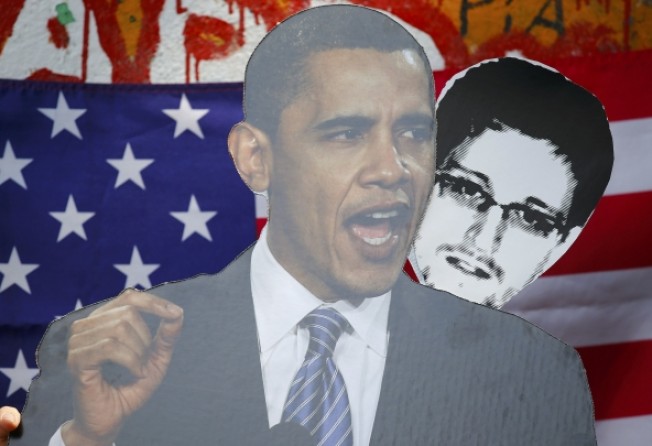Obama continued Bush era spying on Americans' e-mail until 2011
NSA programme monitored Americans' e-mail contacts and their computer addresses

The Obama administration gathered American citizens' internet data until 2011, continuing a spying programme started under President George W. Bush that revealed who Americans exchanged e-mails with and the internet protocol address of their computer, newly disclosed documents show.
The National Security Agency ended the programme that collected e-mail logs and timing, but not content, in 2011 because it decided it did not effectively stop terrorist plots, according to NSA director General Keith Alexander, who also heads the US Cyber Command. He said all data was purged in 2011.
The Guardian on Thursday released documents detailing the collection, though the programme was also described earlier this month by The Washington Post.
The latest revelation follows previous leaks from ex-NSA contractor Edward Snowden, who is thought to be in a Moscow airport transit area waiting to hear whether Ecuador, Iceland or another country might grant him asylum. He fled Hong Kong last weekend and flew to Russia after the US unsealed espionage charges against him.
The collection appears similar to the gathering of US phone records, and seems to overlap with the Prism surveillance programme of foreigners on US internet servers, both revealed by Snowden. US officials have said the phone records can only be checked for numbers dialled by a terrorist suspect overseas. According to the documents, the internet records show who they exchanged e-mails with and the specific address assigned to a computer connected to the internet, known as the IP address.
The programme, described in a top secret draft report from the NSA inspector general, described the efforts of then-NSA director General Mike Hayden to fill gaps in intelligence gathering after September 11, 2001. One NSA officer quoted in the report described "NSA standing at the US border looking outward for foreign threats" and "the FBI looking within the United States for domestic threats. But no one was looking at the foreign threats coming into the United States. That was the huge gap that NSA wanted to cover."
The draft added that the sweeping phone and internet data-gathering programmes were meant to speed up the process of surveillance of a terrorist suspect overseas, because "the average wait time was between four and six weeks" to get a court order from the Foreign Intelligence Surveillance Court. "Terrorists could have changed their telephone numbers or internet addresses" before the NSA received permission to spy on them on US-based phone or internet systems.
Alexander said at a Baltimore conference on cybersecurity that the NSA decided to kill the data-gathering programme because "it wasn't meeting what we needed and we thought we could better protect civil liberties and privacy by doing away with it".
He said the programme was run under provisions of the Patriot Act, and that NSA leaders went to the Obama administration and Congress with the recommendation to shut it down.